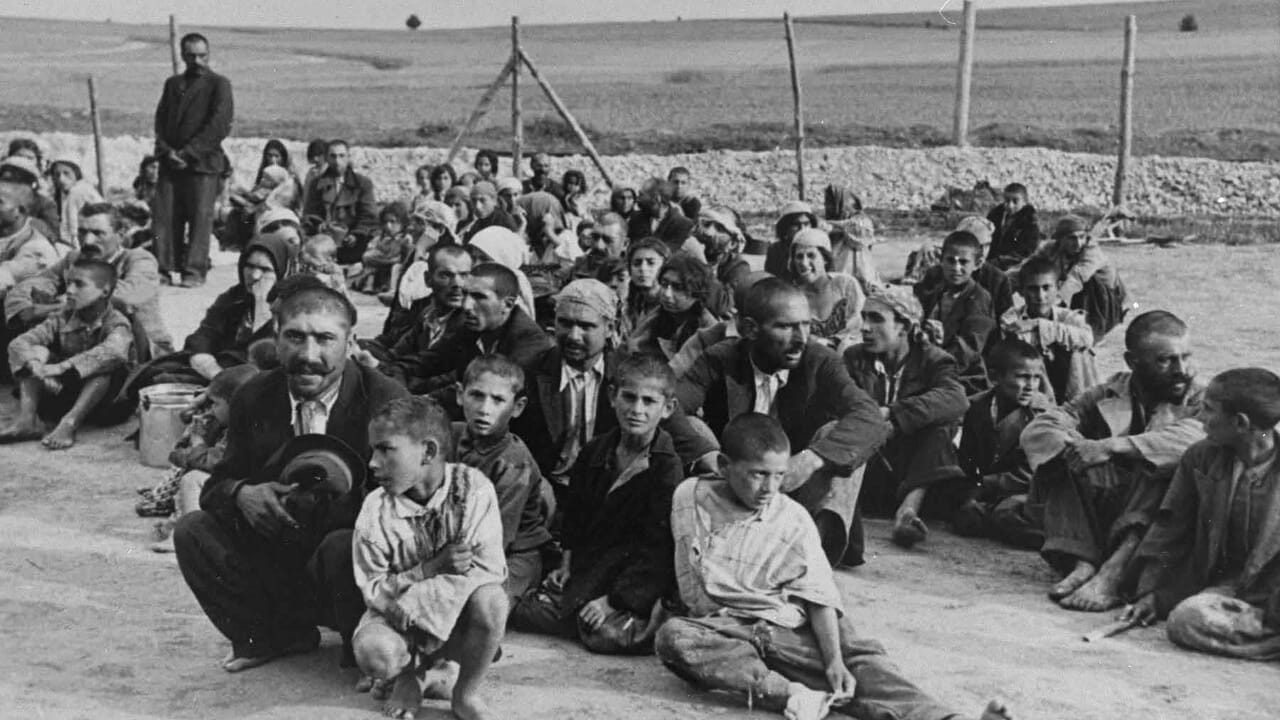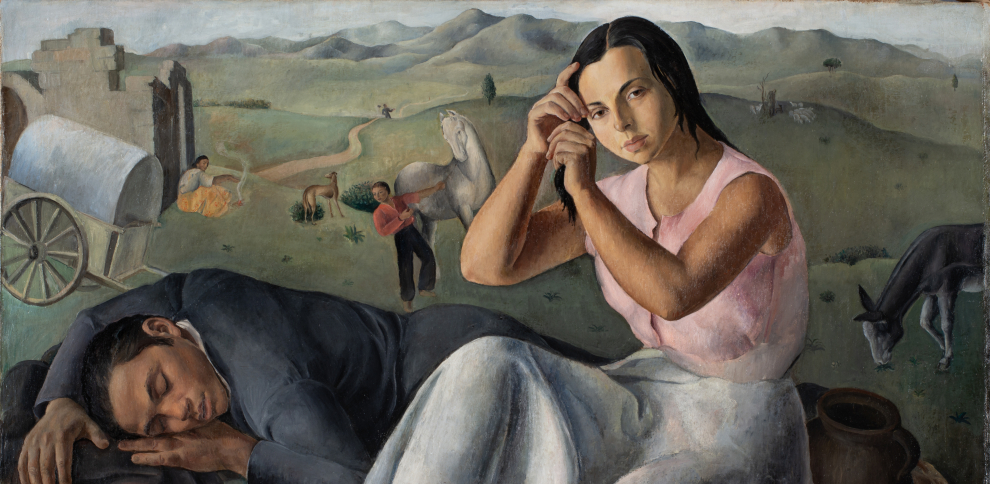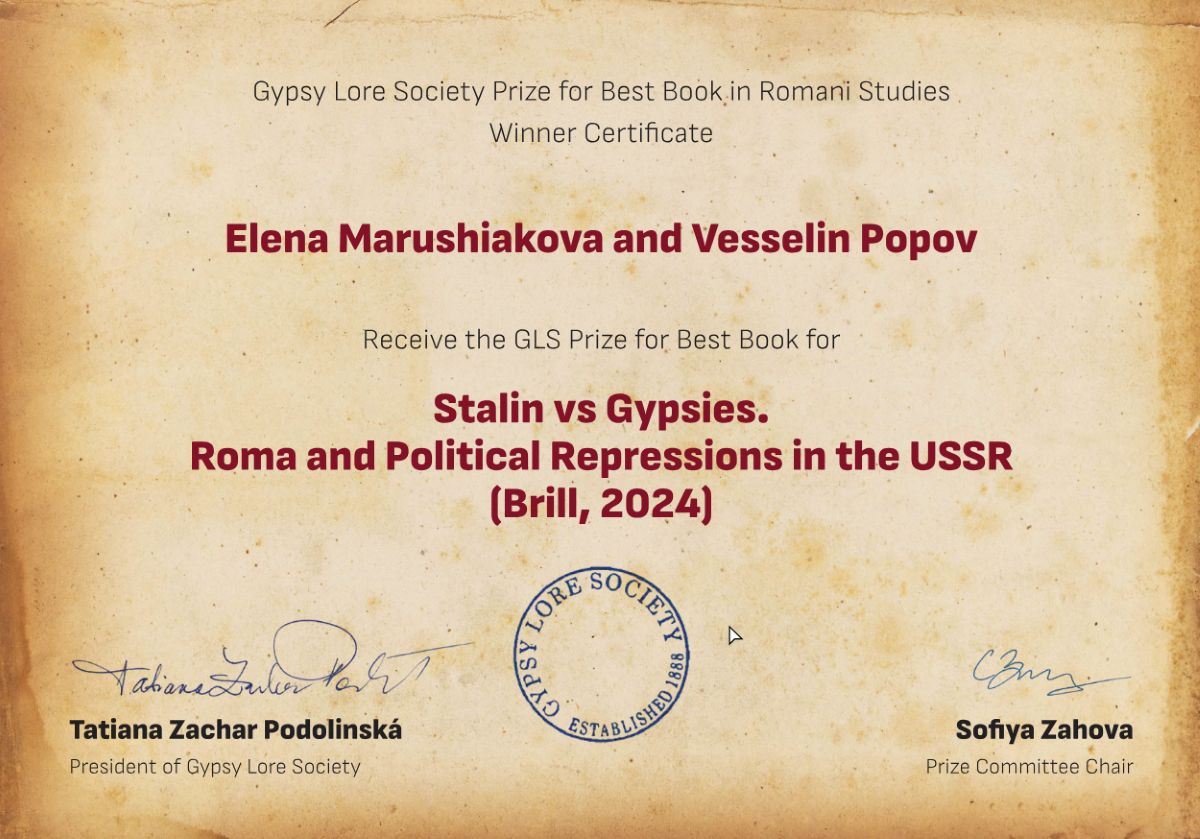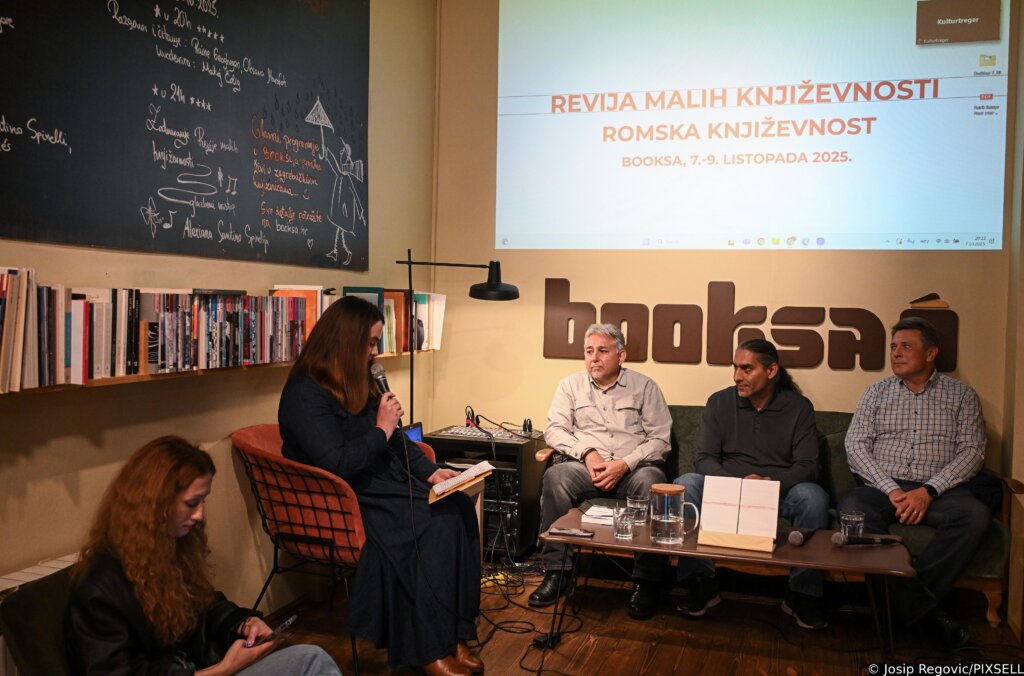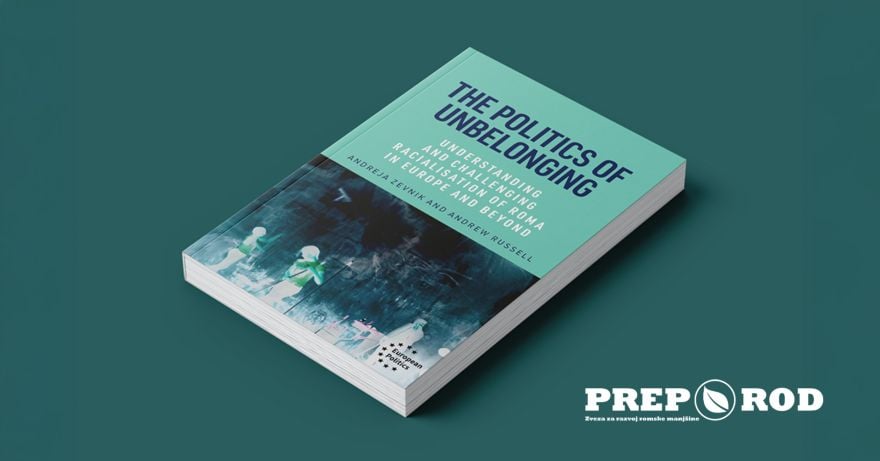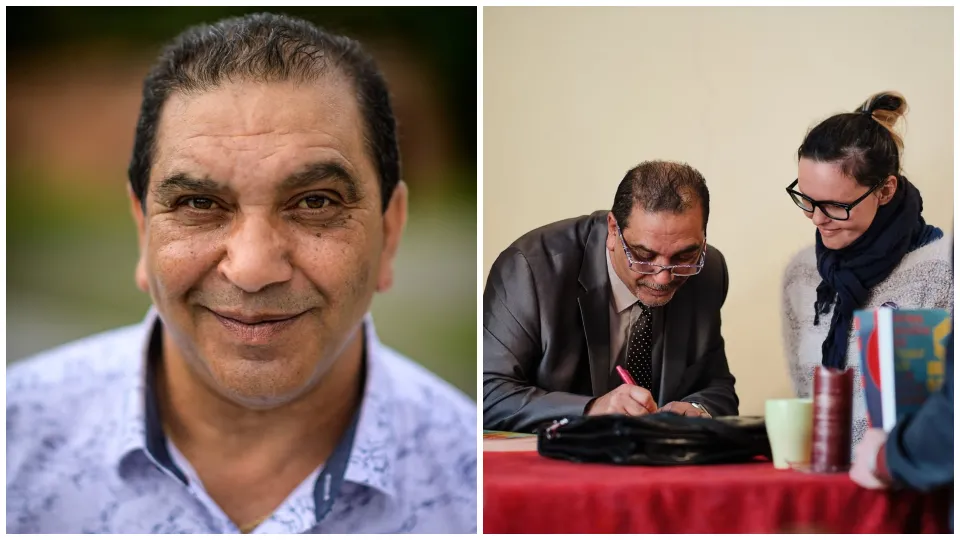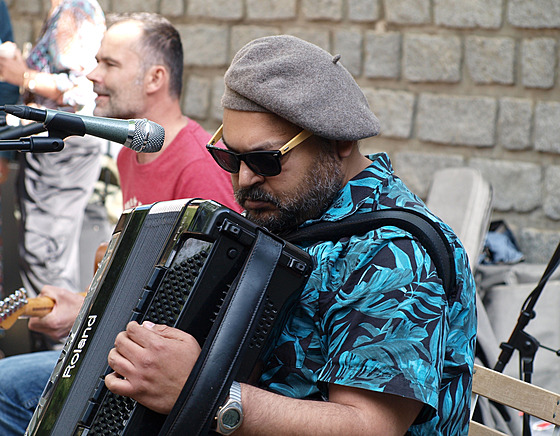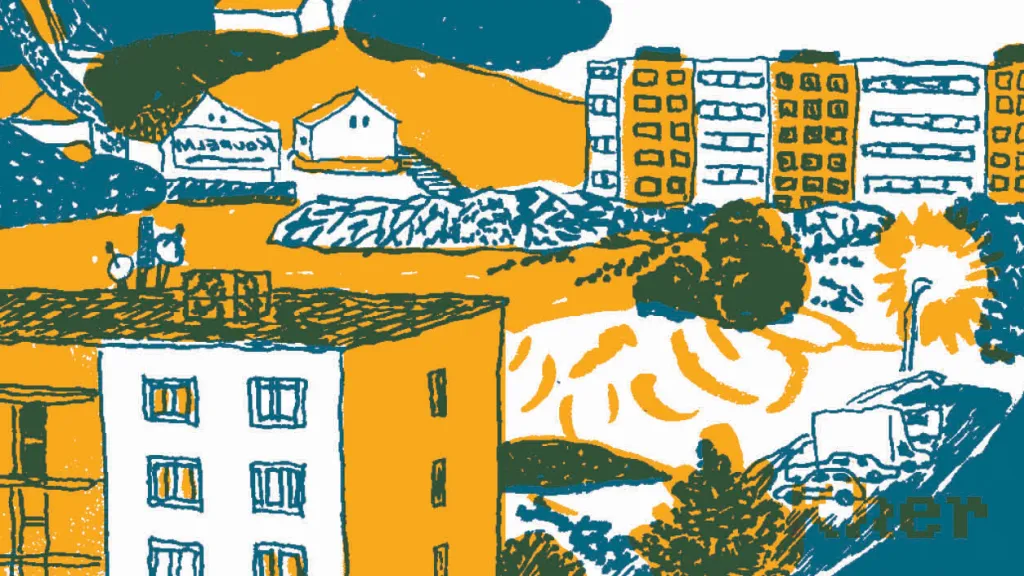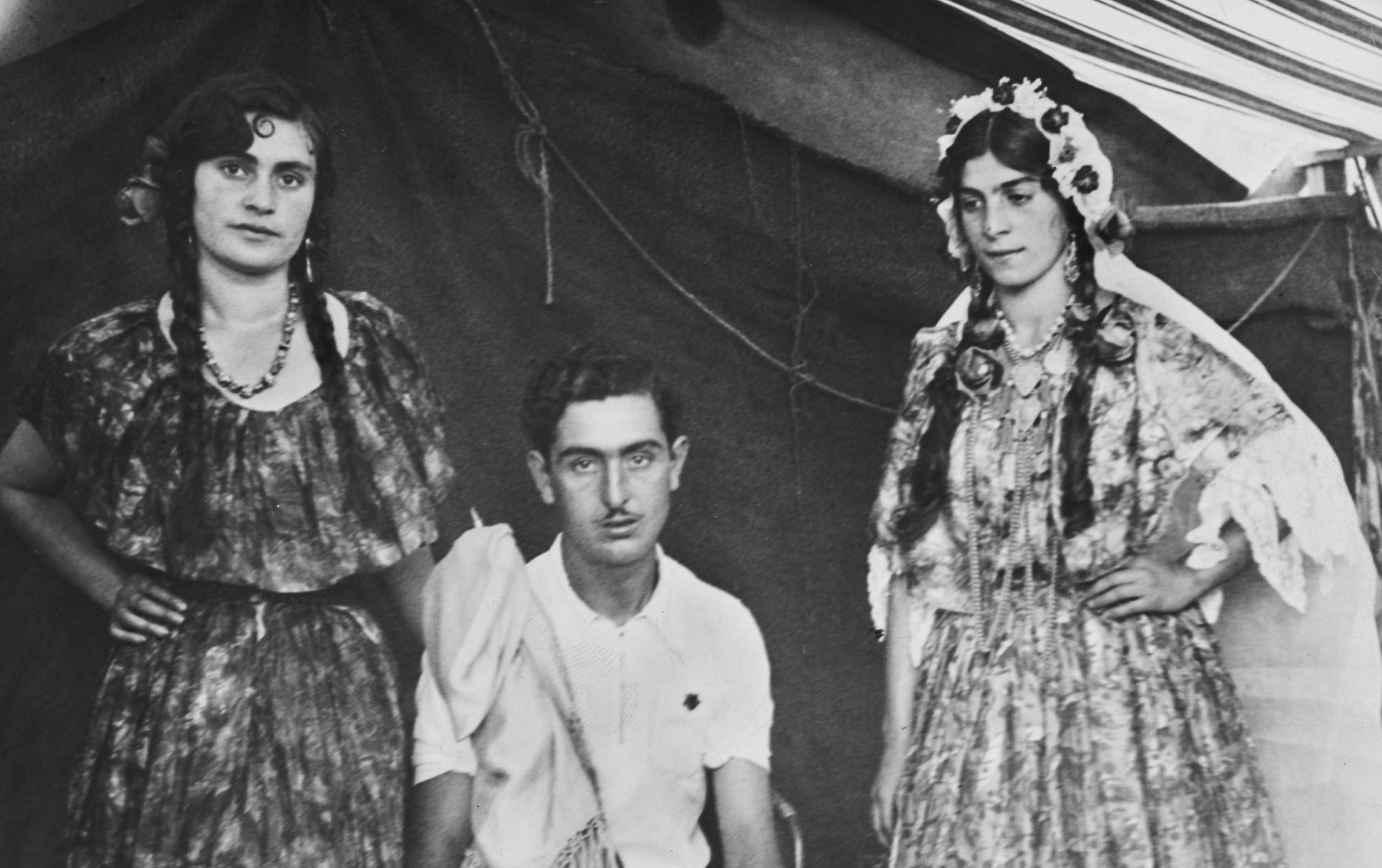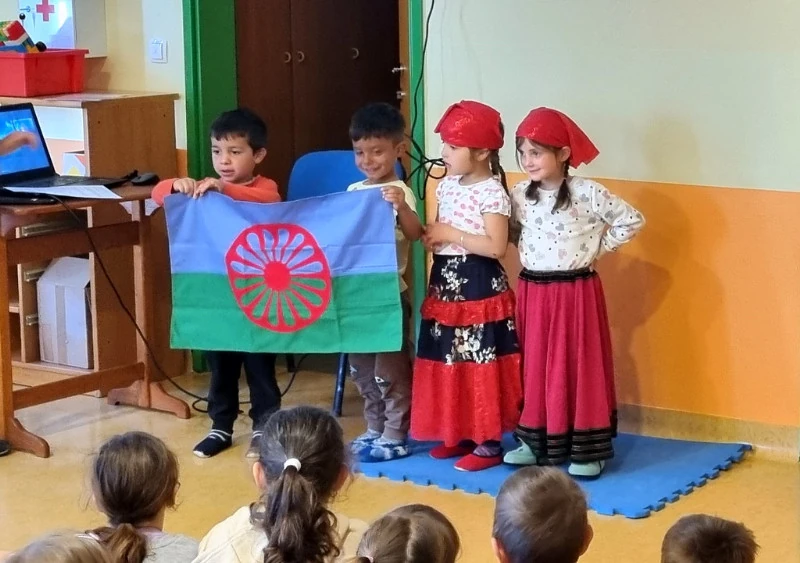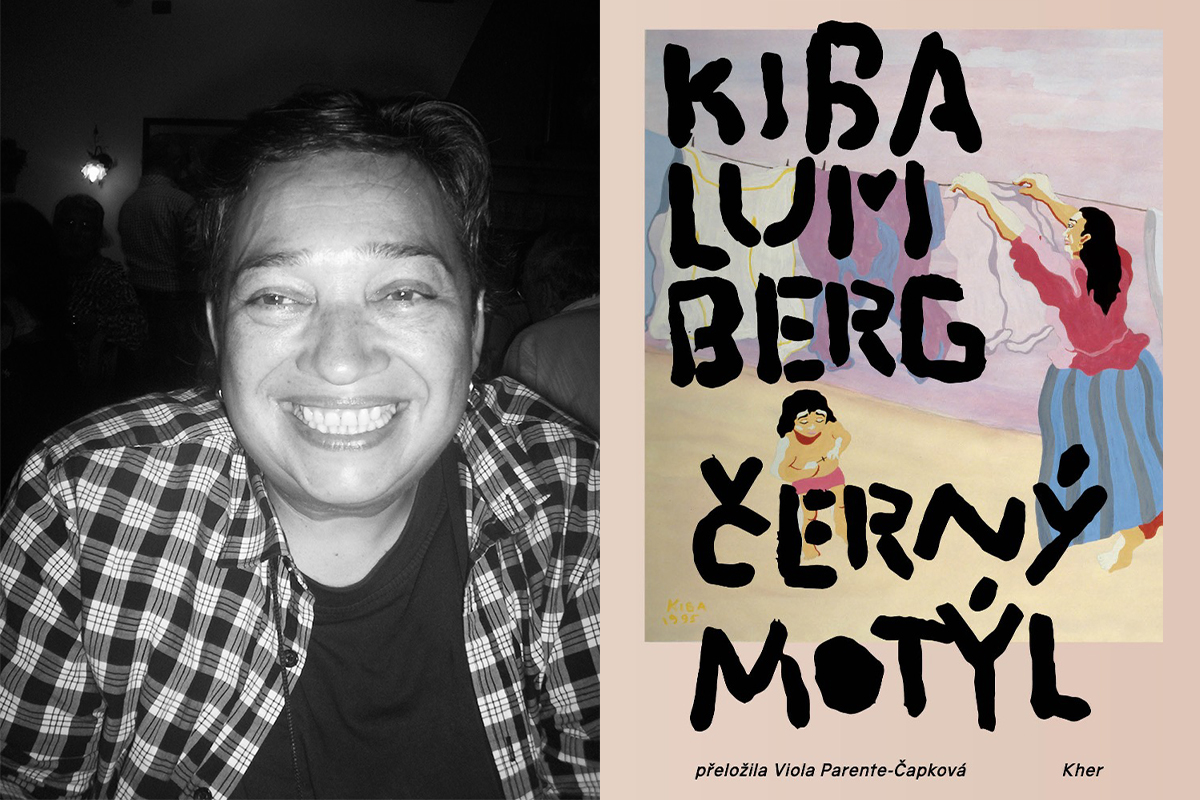Martin Kanaloš has been writing since childhood, but only recently introduced himself with his debut novel. The book Me, Tran and Everything Else tells the story of two teenagers, half Roma and half Vietnamese, from a housing estate.
“They experience various troubles on the outskirts of the city, in a housing estate,” added Kanaloš. They feel that life is slipping through their fingers, unlike their classmates from a small-town high school, until they show up at a fancy party as uninvited guests. They also have a diverse ethnic background in common: Dezi is half Romani and Tran is half Vietnamese. Kanaloš talks about what it’s like not to fit in in the Czech Republic, mixing social realism with black humour. “I have Romani, Hungarian, Ukrainian ancestors. And because I’ve been focusing on Romani issues for the past few years, I chose the Romani theme for this book as well,” the writer explained. The character of Tran is said to be loosely inspired by his friend.


